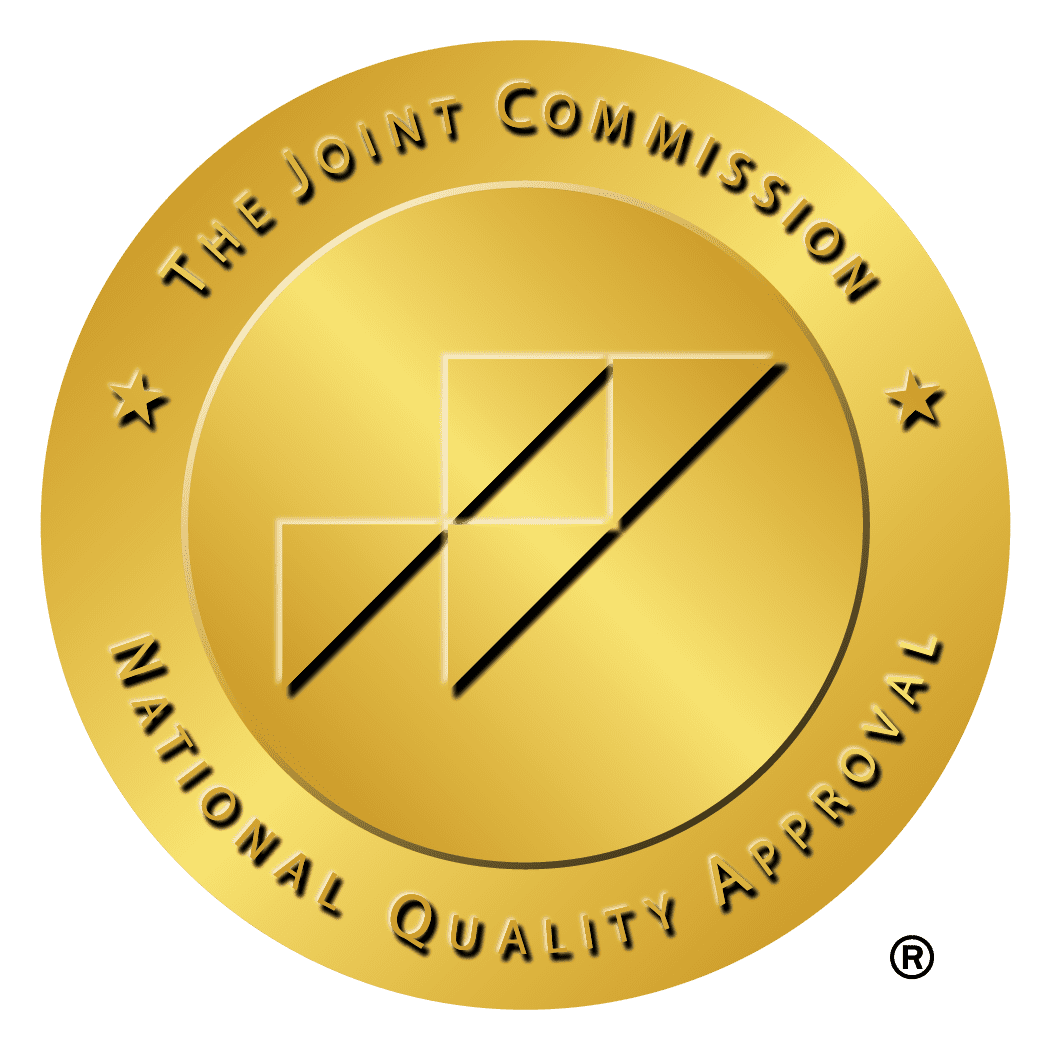Whether we like to admit it or not, peer pressure is a thing that exists and can be very influential when it comes to sobriety or lack thereof. In social situations, we may have expectations for ourselves or others and when those expectations are not met we may feel judged as a result. This pressure can be through friends suggesting you casually indulge in just a drink or two with statements like “just have one.” This could also present itself through questions that may have undertones of judgment like “what do you mean you don’t drink?” You may even feel perceived pressure in which no one says anything but you begin to feel isolated as a result of being the only one not drinking.
We understand that it can be hard to hold your ground in situations like this. We want to enable you to create strong boundaries for yourself that you can withstand to combat the urge to drink in social situations and we’re laying out some tips of how to do so today.
Alcohol and Norms —
Drinking for Social Acceptance and the Stigma of Not Drinking
Alcohol has largely been integrated into daily life whether this is work, social outings, meets with friends, family gatherings, or anything beyond. When you attend these events but do not drink people may have some preconceived notions of why that is. Subconscious bias may make people prone to believing you’re prudish, judgemental of those who do drink, or think that you’re an addict or former addict.
The reality? The reason you are not drinking does not matter, what matters is that you have decided you are not drinking. It is no one’s business to understand why someone prefers not to drink. While we don’t necessarily condone lying, we’ve gathered some retorts that may be helpful to keep in your back pocket if you want to briefly shut someone down without explaining intimate details of your personal life — a white lie here and there is okay if it is to protect your sanity and withhold your boundaries when it comes to sobriety.
- I’m driving home and do not want to risk anything
- I decided to extend Dry January into the year as a challenge
- Drinking makes me a bit more anxious than I’d prefer to be
- I’m on a medication right now that doesn’t mix well with alcohol
- I’m just not feeling it tonight
- I’ve seen alcohol negatively impact friends/family so I’m not a fan
- I’ve been drinking more heavily than I’d like to recently, I think I’ll pass for the night
- My hangovers are so bad that I prefer not to drink altogether
- Liquor makes me super drowsy and I want to be alert and have fun with everyone right now
Choosing the Right People
You deserve to go out with friends who do not make you feel judged, anxious, or sad for not drinking. Having the right crowd of people around you often makes staying sober much easier. When you’re with friends who love and respect you for who you are and understand why you are making the decision not to drink, they will not pressure you nor make you feel bad about your choices. Surrounding yourself with these people who respect your boundaries and help you uphold them are the types of people worthy of keeping around. Great connections allow you to more easily combat the pressure to drink while in social settings. If you have friends who are not as familiar with your circumstances, consider having a heart-to-heart conversation in which you confide the importance of this subject to them to allow you to continue fighting against unnecessary peer pressure.
Bringing a Sober Friend
While having the right people around is so important, having a friend who also remains sober can be even more effective in combatting peer pressure to drink in social situations. Whether this sober person has similar reasons for not drinking as you or just wants to make you feel safe and comfortable, having a trusted friend to remain sober with you can promote a better sense of community and understanding. While you may feel judged or uncomfortable being the only one not drinking, there is power in numbers and having one or multiple friends agree to be sober with you can soften this pressure. We’d encourage you to consider asking close friends if they would be willing to sacrifice drinking every now and again when you go out in social settings, you may be surprised with how willing they are to accommodate your needs.
Sticking to Your Decision
Creating boundaries for yourself is easy, but sticking to them can be harder. When you create a guideline to no longer drink, you owe it to yourself to keep this promise. Understanding when a situation may be out of your control and turning sour is incredibly important. It is during these times you should commit to leaving early when uncomfortable as well as promise yourself that you will only consume non-alcoholic drinks when socializing. Having people around you who will encourage you to stick to your word and create a safe environment is very important.
Know What to Expect from the Situation
When you tell someone that you don’t drink, you may face some common phrases and questions. It’s important to understand what you’re in for so you can prepare yourself adequately. People may say/ask:
- Why don’t you drink?
- Will one drink really be that big of a deal?
- C’mon its *special occasion,* just have one!
- I’ll buy one for you!
- Did something happen?
- Do you have a problem?
- Do you think you’ll ever drink again?
- Can I drink around you?
- What have you been doing for fun?
- Are you pregnant?
Some of these questions and statements can be rude, but it’s also important to keep in mind that some people may genuinely be curious and mean no harm. If you’re not wanting to share these details, feel free to use one of the previously mentioned rebuttal statements in response.
As far as how to handle a situation, it is helpful to have a go-to mocktail when going out. Mocktails are an alcohol-free version of popular cocktails that allow you to keep your hands busy and “blend in” if you prefer to avoid the topic. Not to mention, some mocktails can be delicious and still allow you to enjoy a good beverage without fear of relapse.
It is also important to understand when a situation is getting uncomfortable and possibly out of your control. If you find yourself reeling and having thought patterns over and over again about drinking, it might be time to call it a night. Don’t be afraid to leave a bit early and distract yourself whether this means taking a long route home, engaging in a hobby, listening to music, talking to friends, or anything else you may find helpful.
To prepare, it can also be helpful to understand just how frequently drinking situations may arise. In particular, we know you are bound to have the topic come up at work, family functions, outings with friends, and sporting events. When at work, your employers/coworkers may discuss happy hours or celebrations with drinks. In this case, you may want to discuss your boundaries with a trusted colleague or someone from HR. It is also possible a close coworker could choose to remain sober with you. At family functions like cookouts, we’d recommend bringing your own cooler filled with non-alcoholic beverages as a way to be more comfortable. For outings with friends, choose places you are comfortable/familiar with, and be sure you are also comfortable with the people around you, feeling supported every step of the way. At sporting events, perhaps indulge in some game-day food as a way to order something that will fill your belly but not send you down a spiral.
—
We hope that with the use of some of these strategies you feel more comfortable. We acknowledge that standing your ground in social settings where drinking is present is not always easy, but you deserve peace. We want you to remember that there is no need to feel guilty or judged for your decision not to drink — whatever your motivations may be, we are proud and hope to give you courage and strength to stick to your goals. If you are ever looking for help in recovery, we at Transcendence Treatment Center want you to know that we are here for you in any way you need. We are a resource for individuals who are struggling and hope to provide comfort and holistic healing to whoever we can. If you are in the Charleston area and are looking to receive support today, take the first step and call us at 854-222-3773.



